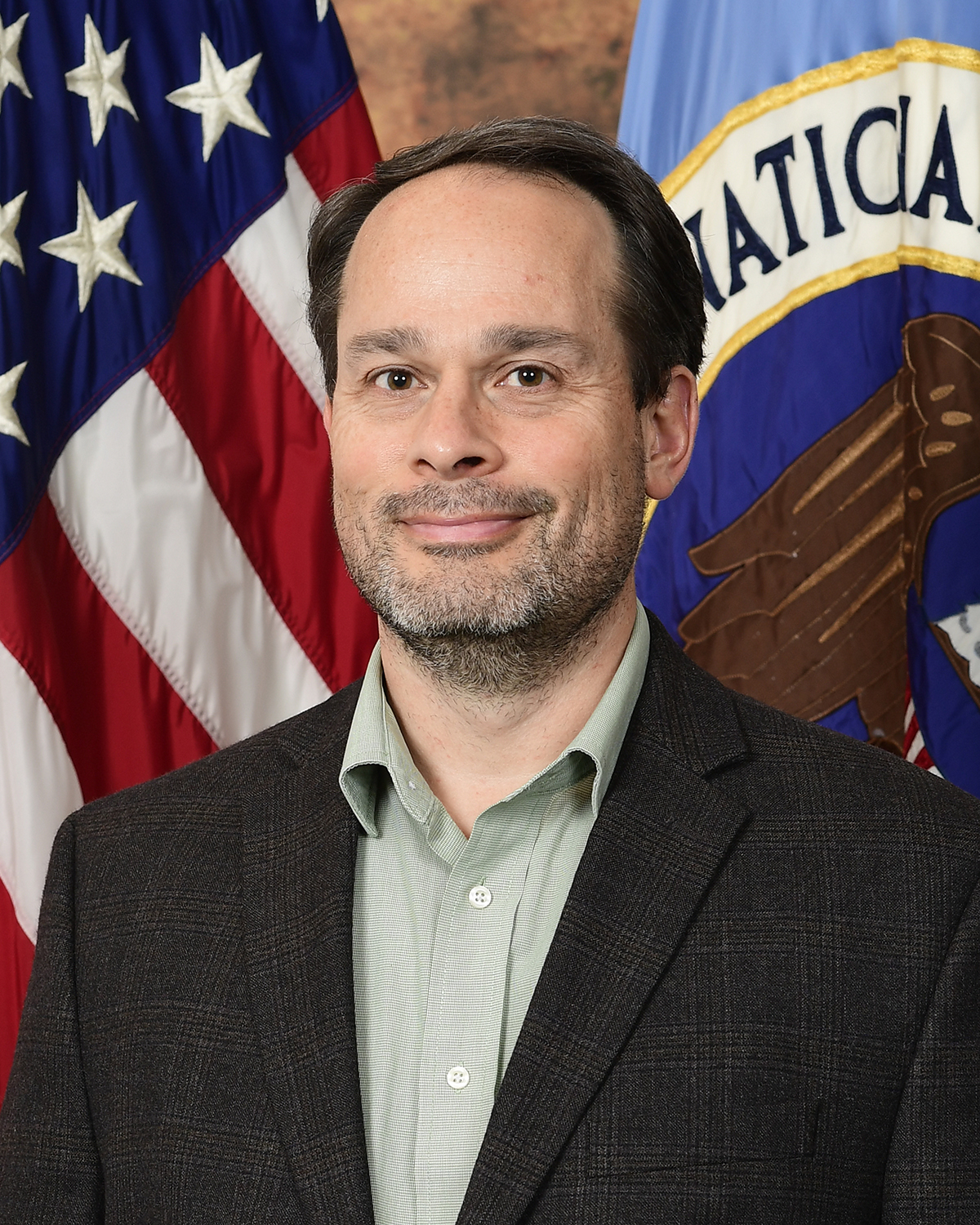Keynote Speakers

Two Six Technologies
Formal Analysis for SKA Protocols

National Security Agency (NSA)
Talk Title TBD
In the past few decades, asymmetric cryptography has been the rising star of key agreement protocols. In this workshop, we aim to shine light on the secure alternative of Symmetric Key Agreement (SKA).
There is growing evidence for real-world use cases of SKA by various IETF standards, NIST guidelines, and NSA requirements, including the use of Symmetric Pre-Shared Keys for enhanced quantum-resistant protection. The goal of the SKA Workshop is to examine how symmetric keys can reduce reliance on asymmetric cryptography by providing alternative and/or additional layers of security. We aim to gather academic and industrial experts to discuss the solutions that SKA can offer.
SKAW is designed to promote research and application use case of symmetric-key cryptography and protocols.
There is a particular focus on applications to industry.
Broadly, the scope of the workshop includes, but is not limited to:


The workshop is an affiliated event of Crypto 2024. To register to the workshop, please register to CRYPTO 2024, and mark in the registration form the SKAW event.
There is limited funding available to provide free admission to SKAW for university students. Please email skawcommittee@gmail.com if you are eligible.